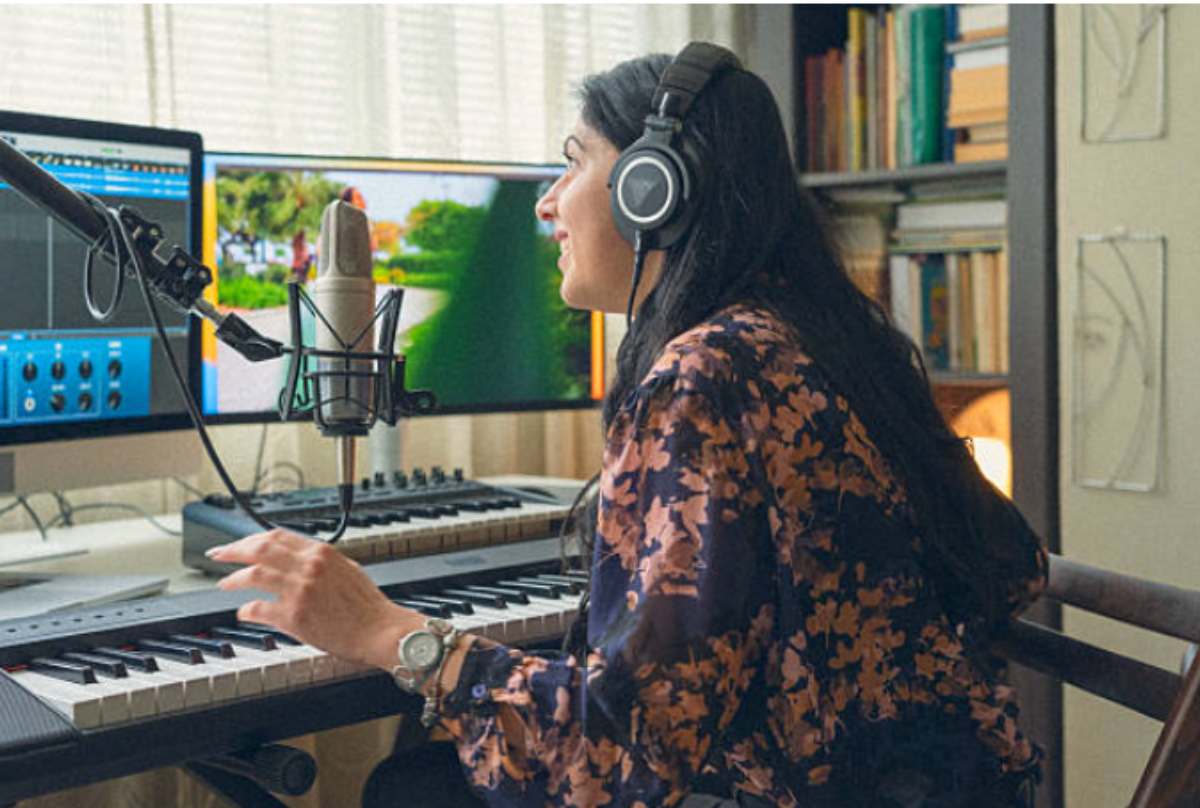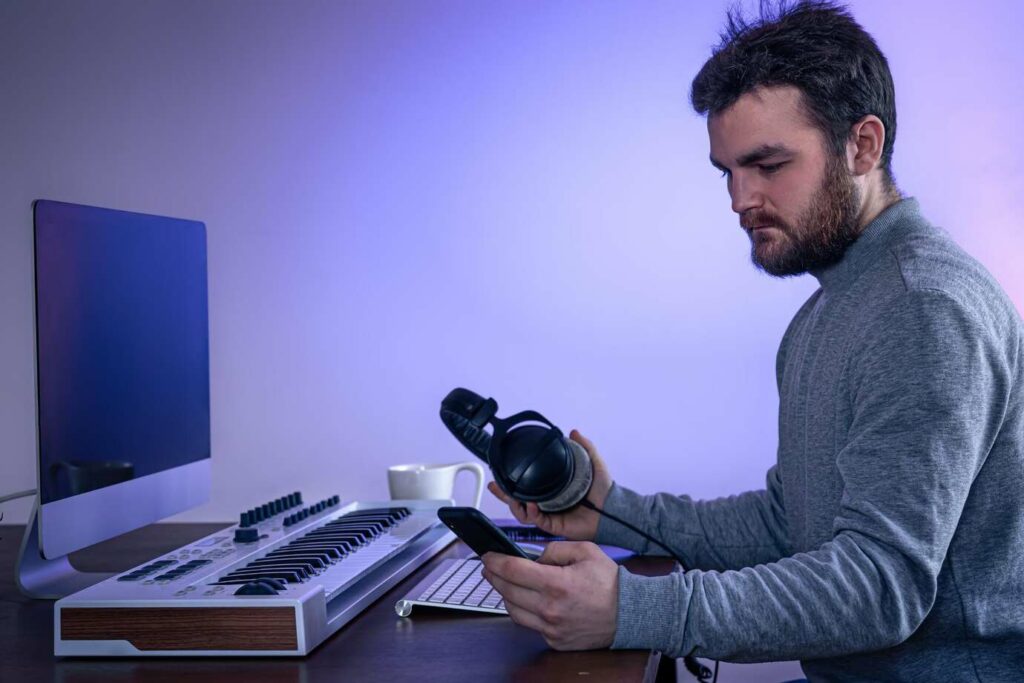Establishing an AI Music Platform: What Founders Need to Know

The era of artificial intelligence is playing the perfect note in music. From composer tools to instant audio mastering, AI is disrupting music making, distribution, and listening. If you ever dreamed of launching your own AI music platform, now’s the time to jump in. But a few things you should know before you code or you hire your first data scientist. If you want to disrupt video streams or let users create your AI music, this guide walks you through the key steps of starting your business.
Why AI Music is the Future

AI is no longer a buzzword. According to a 2023 report by Goldman Sachs, AI in the music industry is projected to grow at a compound annual growth rate (CAGR) of 27% through 2030. From platforms like Amper Music to OpenAI’s MuseNet, companies are leveraging AI to compose symphonies, generate beats, and even remix user-generated content. These advances are not just enhancing creativity; they are democratizing music production, making it within reach for anyone who has a smartphone or a laptop.
This is what entrepreneurs should be looking forward to—a huge field of opportunity. If your push is composition, collaboration, or content monetization, AI can be the impetus that drives your business.
Reading the Tech Stack
Before you release your AI music platform, you need to understand the technology behind it. Some of these parts to consider are:
- Machine Learning Models: These form the core of any AI application. For music, you can use recurrent neural networks (RNNs), transformers, or generative adversarial networks (GANs).
- Digital Audio Workstations (DAWs): Support for popular DAWs like Ableton Live or FL Studio makes your platform more practical.
- APIs and SDKs: Programs like Magenta.js (Google) and the Spotify Web API may make it easier to develop and add capabilities.
- Cloud Infrastructure: Ensure your platform can scale. AI-specific services, as well as GPU capabilities, are offered by vendors like AWS, Azure, and Google Cloud.
Know Your Audience
It’s great to learn your target audience quickly. Are you catering to beginner creators, production professionals, indie musicians, or podcasters who edit? All have different requirements:
- Amateurs like easy-to-use interfaces and templates.
- Professionals require customization and high-quality outputs.
- Podcasters require voice enhancement and background score facilities.
Tailoring your features to your hard core audience will increase user happiness and reduce churn.
Monetization Strategies
You’ve got a fantastic platform, but how do you monetize? Here are some tried-and-tested models:
- Freemium Model: Offer basic features for free, with premium upgrades.
- Subscription Plans: Levy a monthly or annual fee for unlimited use.
- Pay-per-use: Ideal for single-composition or mastering requests.
- Marketplace Commissions: Charge a commission to users selling their AI-generated tracks.
Diversify your revenue streams to weather the market cycle and optimize lifetime value of users.
Navigating Legal and Ethical Waters
AI-generated music opens a Pandora’s box of legal problems. Who has the rights to a song generated by AI? Can AI music be copyrighted? These are just a few of the tricky issues you’ll need to navigate.
- Copyright and Ownership: Collaborate with attorneys to draft plain terms of service stating who owns what.
- Licensing: If your AI is trained on existing music, ensure you have the appropriate licenses.
- Ethical Concerns: Be truthful regarding the use of AI and do not utilize artist styles or likenesses without authorization.
Building a Community
Your most valuable asset can be a living community. Encourage user-generated content, host remix competitions, and showcase best work. The more engaged your users are, the greater the chance they will stick around and evangelize your site.
Consider adding social features like:
- Collaborative playlists
- Comment spaces
- Direct messaging
- Voting or rating systems
These aspects not only enhance user interaction but also provide useful data to enhance your algorithms.
Marketing Your Platform

Marketing an AI music platform is a matter of balancing tech interest and art appeal. Following are some ideas to begin with:
- Content Marketing: Blog posts, YouTube demos, and tutorials about how to use your platform.
- Influencer Partnerships: Partner with music influencers on TikTok or Instagram.
- SEO: Optimize your website with keywords like “AI music generator,” “AI beat maker,” and “create your AI music.”
- PR Campaigns: Highlight unique use cases and success stories to generate buzz in the media.
Measuring Success
How do you know your platform is on the right track? Set clear KPIs:
- Monthly Active Users (MAU)
- Customer Acquisition Cost (CAC)
- Churn Rate
- Average Revenue Per User (ARPU)
- Engagement Time
Leverage tools like Google Analytics, Mixpanel, or Amplitude to gather and measure data. Regular A/B testing will also help in fine-tuning user experience and feature sets.
Final Thoughts
Opening an AI music platform is not simply a matter of having the newest cutting-edge technology; it is a matter of understanding musicians, foreseeing legal tides, and developing a user interface that encourages creativity. Where music and machine learning converge is only now being explored, and those who in the space today are the ones who will set the rhythm for the next few years.
So do it. Discover your niche, stack your apps, and inspire the world to make music in a different way.
